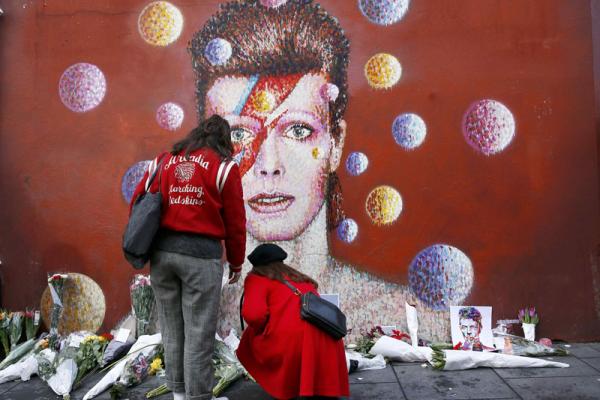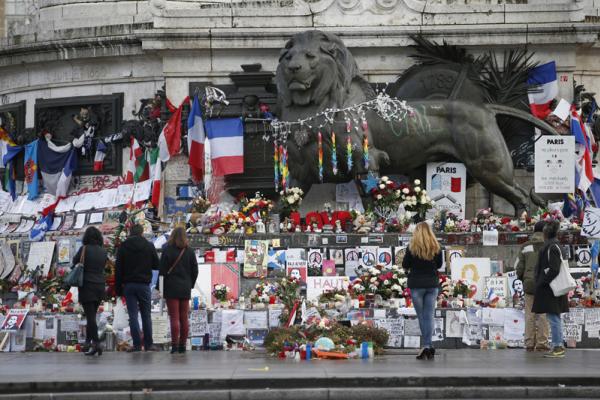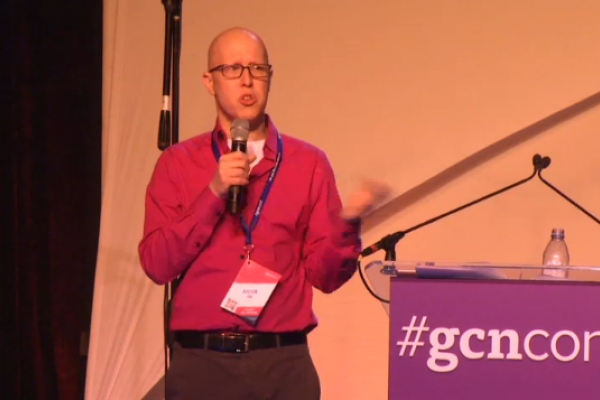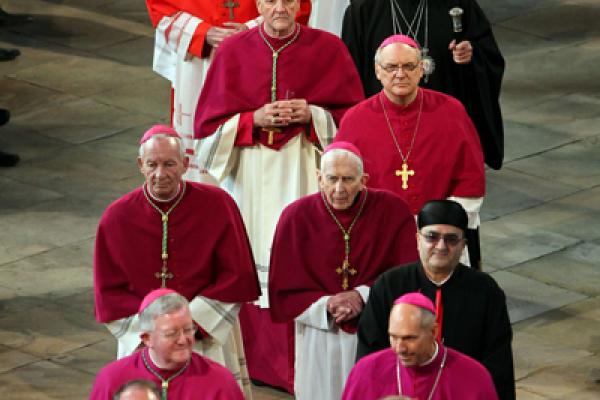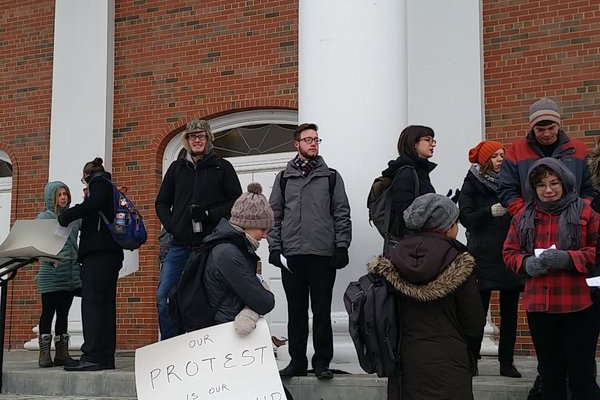Belgium is embroiled in a religious freedom controversy after the new head of the country’s Roman Catholic Church demanded that faith-run hospitals and nursing homes have the right to refuse euthanasia to patients.
A 2002 law decriminalized euthanasia for terminally ill adults and it has the support of a large majority of public opinion and politicians. But opposition in this historically Catholic country has grown as lawmakers extended the practice to including terminally ill children and people with severe psychological problems.
The legendary musician and showman David Bowie was as mutable and enigmatic about his religious views as he was about his music, art and gender-bending fashion choices.
Yet his death from cancer Jan. 10 at 69 brought tributes from religious leaders who knew talent when they saw it, and perhaps recognized that Bowie’s crossover style would inevitably touch the ineffable as he constantly looked for meaning — and novelty.
In Kabul, where the Afghan Peace Volunteers have hosted me in their community, the U.S. military maintains a huge blimp equipped with cameras and computers to supply 24-hour surveillance of the city. Remotely piloted drones, operated by Air Force and Air National Guard personnel in U.S. bases, also fly over Afghanistan, feeding U.S. military analysts miles of camera footage every day. Billions of dollars have been invested in a variety of blimps, which various vendors, such as Raytheon, Lockheed Martin, Northrup Grumman, and Aeros have shipped to Afghanistan. All of this surveillance purportedly helps establish “patterns of life” in Afghanistan and bring security to people living here. But this sort of “intelligence” discloses very little about experiences of poverty, chaos, hunger, child labor, homelessness, and unemployment that afflict families across Afghanistan.
As France marks the anniversary of the terrorist shootings that targeted a kosher supermarket and a satirical weekly, a new report warns anti-Semitism here continues to rise, taking a myriad of underreported forms.
“Violence targeting Jews and Jewish sites has led to a heightened sense of insecurity, and an increasing number of Jews are relocating in or outside France for security reasons,” U.S. advocacy group Human Rights First wrote in a report published Jan. 7.
The activities of the Christian community should be no less vigorous as we enter the mid-month point in January 2016 and the energy of the Christmas season has passed. In fact, it is on this second Sunday after Epiphany (the Christian feast day and season known as “manifestation”) that an honest evaluation of our situation locally, regionally, and abroad should be made.
Less than 10 weeks after Houston voters — many persuaded by local Christian pastors — repealed a city ordinance that would have protected Houstonians from discrimination on the basis of sex, sexual orientation, and gender identity (as well as race, religion, and other traits), 1,450 people gathered in the city for the Gay Christian Network conference, the world’s largest annual event for LGBT Christians and their allies.
Various factions within the Anglican Communion are jockeying for position as bishops of the world’s third-largest Christian tradition gather in Canterbury for the start of a six-day meeting to discuss the future of their communion.
But averting a split may not be possible.
A new book-length interview with Pope Francis gives fresh insight into his view of gay parishioners, marriage annulments, and other hot topics being debated by Catholics globally.
On Jan. 11, the first day of spring semester classes at Wheaton College, some students are protesting the termination of the professor who said that Muslims and Christians worship the same God. Student concerns are ongoing surrounding the circumstances of Professor Hawkins' review and termination process. Some have taken to Twitter in protest using the hashtag #ReinstateDocHawk:
No … Obama’s not taking your guns.
2. Sandra Bland’s Family: Trooper Perjury Charge a ‘Slap on the Wrist’
"Where is the indictment for the assault, the battery, the false arrest?"
3. Open Letter to the Leadership of #Urbana15 and InterVarsity Christian Fellowship
Add your voice to the growing list of people of faith saying “thank you!” to InterVarsity for supporting Black Lives Matter.

